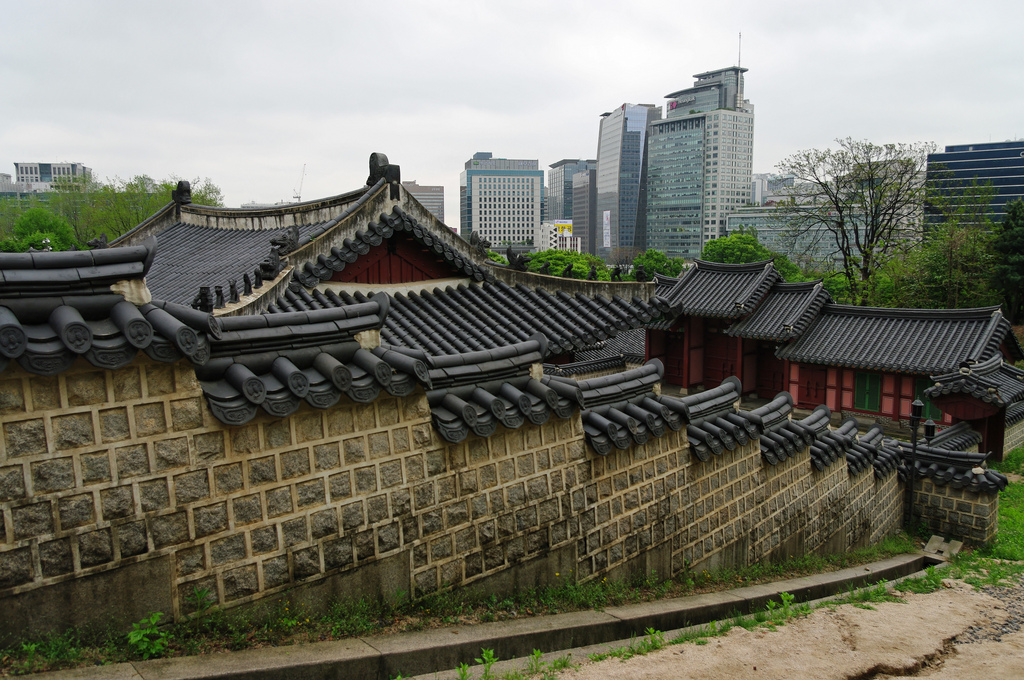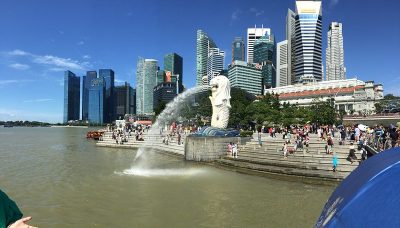Seoul, South Korea aiming for 1 GW geothermal development
The City of Seoul, South Korea has formulated a comprehensive plan to build up its geothermal heating and cooling capacity to 1 GW by 2030.
The City of Seoul in South Korea has created a “Comprehensive Plan for Promotion and Activation of Geothermal Energy” that aims to grow its current installed geothermal heating and cooling capacity of 278 MWth to 1 GW by 2030.
The building sector in Seoul accounts for about 70% of the total greenhouse gas emissions in the city, and 56% of this goes towards heating and cooling. Seoul currently has a 278 MW of installed capacity for geothermal heating and cooling, accounting for 26.4% of the city’s renewable energy mix. With the push to increase this capacity to 1 GW, the city expect CO2 emissions to be reduced by 518,000 tons by 2030, equivalent to supplying about 320,000 electric vehicles.
The details of the comprehensive plan are as follows:
- The city government is planning to build the country’s largest geothermal plant in the Garak Market by 2030 with a potential 23-MW capacity. There will be other “geothermal landmarks” notably in the Longshan International Business Park. Large-scale geothermal facilities will be built in five major areas, including the Seoul Stadium, Seoul Innovation Park, and the Public Knowledge Industry Centre Comprehensive Development Project.
- New, expanded, and renovated public facilities over 1000 square meters will have mandatory 50% geothermal heat in their renewable energy mix, up from 32% in 2023.
- The city will introduce financial incentives to increase private sector participation in geothermal development. For geothermal heating and cooling projects, the city will provide partial support for the initial investment costs. For small geothermal facilities, support will be provided for operating expenses proportional to geothermal production.
- The municipal government will initiate a research and development tender to advance geothermal technologies and to provide financial support to selected enterprises. This will help to actively cultivate related industries and expand the market.
- There will be information and public relation campaigns among citizens in order counter the negative perceptions of geothermal energy. Activities can include idea contests, discussions on best cases, and collaborations with private companies.
“We will strive to achieve carbon neutrality by 2050 by continuously increasing the penetration rate of new and renewable energy in Seoul, focusing on geothermal heat,” said Lee In-geun, Head of the Seoul Metropolitan Government’s Climate and Environment Division.


















